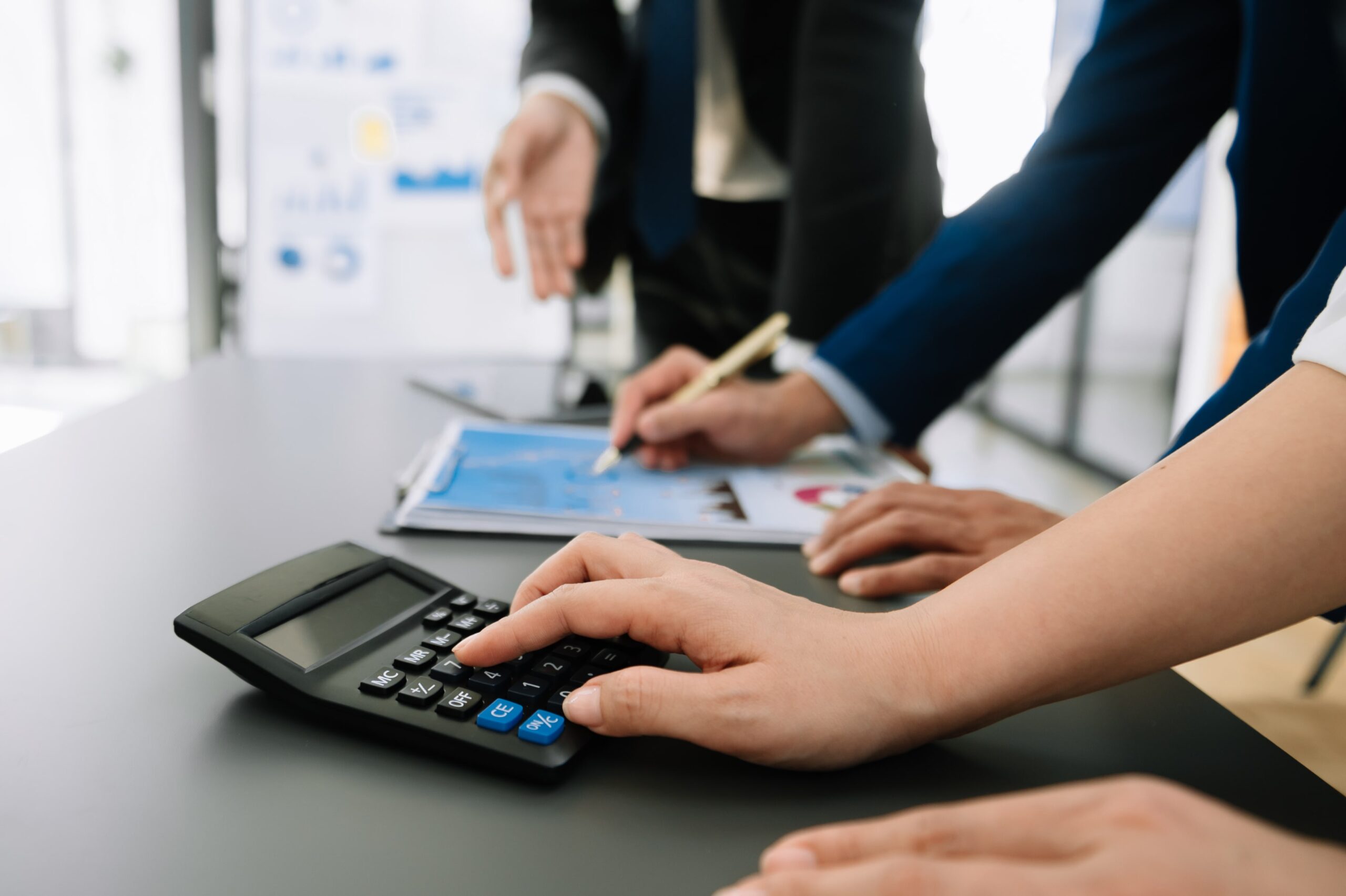If you run a business, you’re likely to be already aware there is a wide range of tax-deductible business expenses.
Understanding deductible business expenses for taxes is essential if you want to maximise your deductions and reduce your overall tax liability.
While not all expenses qualify for tax relief, there are costs that businesses can claim against their taxable income.
Are all business expenses tax-deductible?
No, not all business expenses are tax-deductible.
To qualify as expenses as tax-deductible, costs must meet certain criteria set out by HM Revenue & Customs (HMRC).
They should be considered ‘wholly and exclusively’ to run your business and not for personal use.
Personal and other costly expenses unrelated to business operations are not generally deductible.
What expenses can I claim for my business?
There are a range of different categories of expenses that are tax-deductible.
Some of these include:
Operating expenses
Operating expenses are the ordinary and necessary expenses directly related to operating your business. This includes costs such as rent for business premises, utilities, office supplies, insurance premiums, and professional fees.
Employee expenses
Salaries, wages, bonuses, pension payments, National Insurance (NI), and employee benefits are generally considered tax-deductible business expenses. Expenses related to employee training, recruitment, and business travel can also be claimed.
Vehicle expenses
Any expenses incurred during the operation of vehicles used for business purposes can be business expenses. Tax-deductible vehicle costs include fuel, maintenance, repairs, insurance, and depreciation.
Business travel
Expenses that are incurred during travel for business purposes, such as train fares, hotel accommodation, and meals, are all tax-deductible.
Marketing and advertising
The costs associated with promoting your business, such as advertising campaigns, website development, printing materials, and market research, will all generally be considered tax-deductible.
Technology and equipment
Any expenses related to buying or leasing technology, software, or other essential equipment required for conducting business are deductible. This will typically include items such as computers, printers, software licenses, and office furniture.
Professional services
If you pay fees to consultants, contractors, and freelancers for services they provide to your company, then these are generally considered tax-deductible expenses. This can include services such as graphic design, IT support, marketing consultancy, and financial and legal advice.
Education and training
If you or your employees want to complete professional education, and training programmes or want to attend work-related seminars and conferences, these are tax-deductible expenses. The only requirement is that the training is business and professional-related, giving you or your employees skills and knowledge relevant to their job.
This is by no means an exhaustive list of tax-deductible business expenses.
An experienced small business tax professional will be able to advise on a comprehensive list of expenses relevant to your business.
Comprehensive small business tax advice from Digital Accounting & Finance
At DAAFL, we’re committed to helping small businesses grow, develop, and achieve their goals.
We can provide a comprehensive range of small business tax services to help you identify relevant expenses, reduce your liability, and meet your tax obligations.
With our support, you can place your business on a firmer financial footing and be better placed to achieve your goals.
Contact us for further information and advice.
